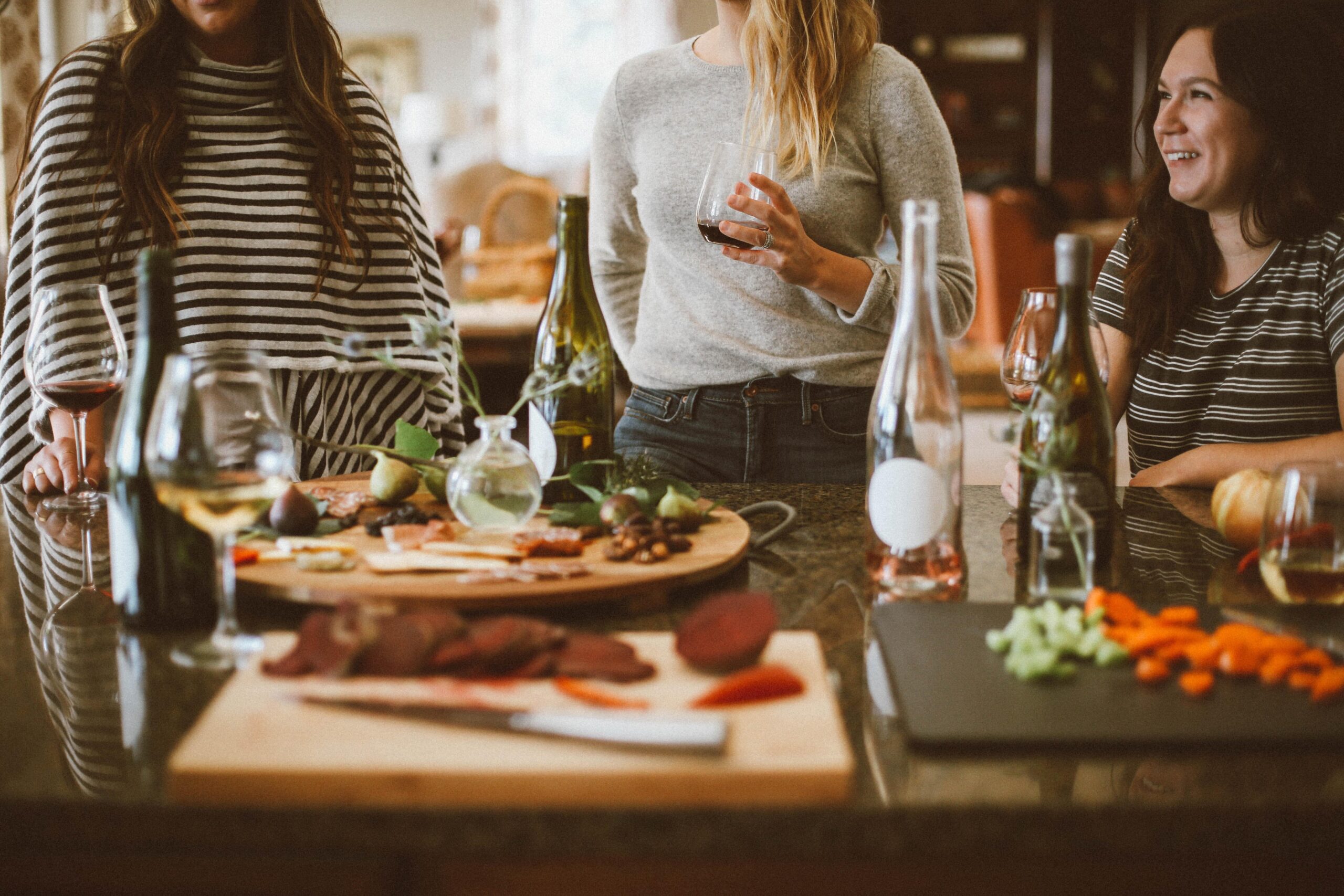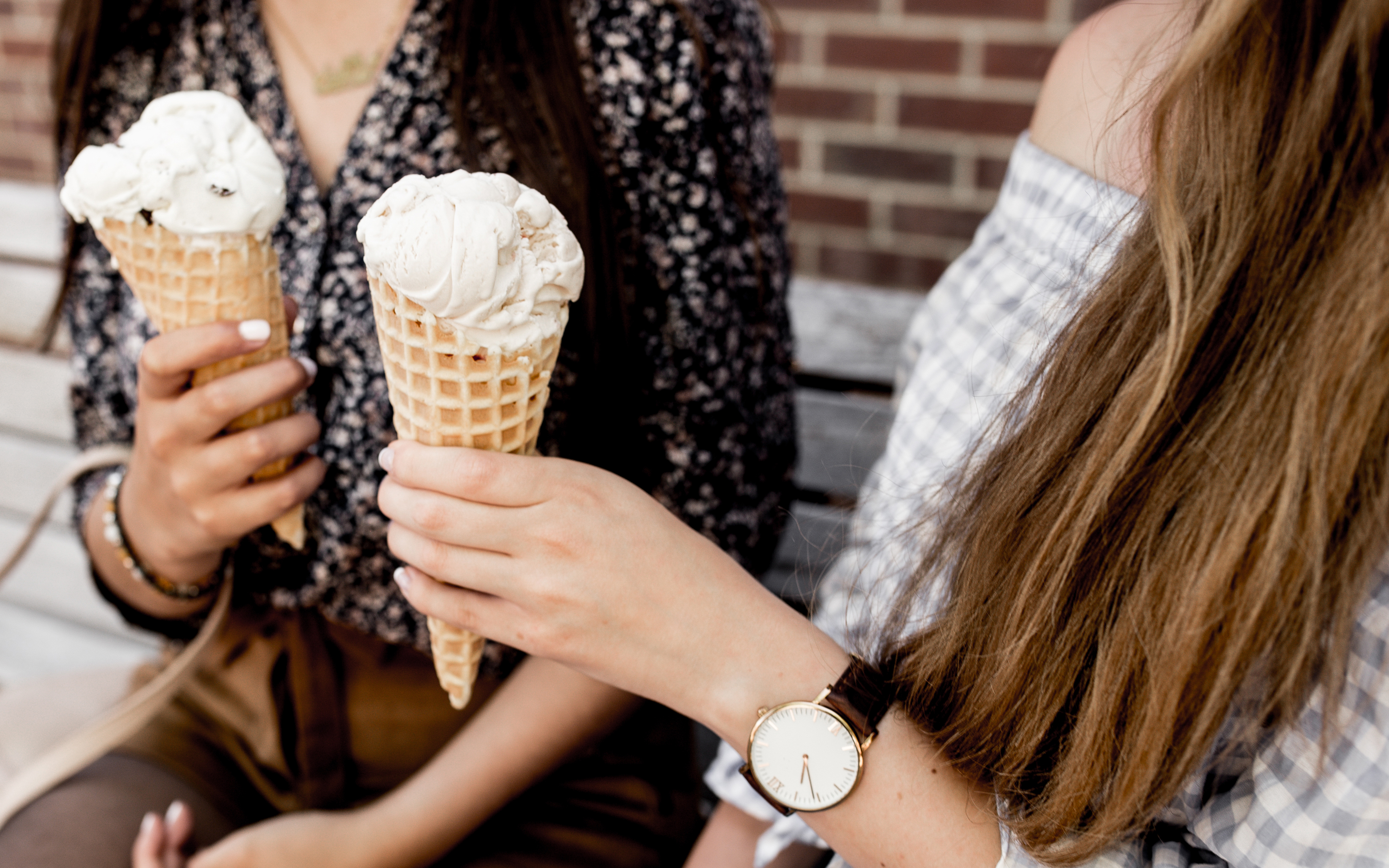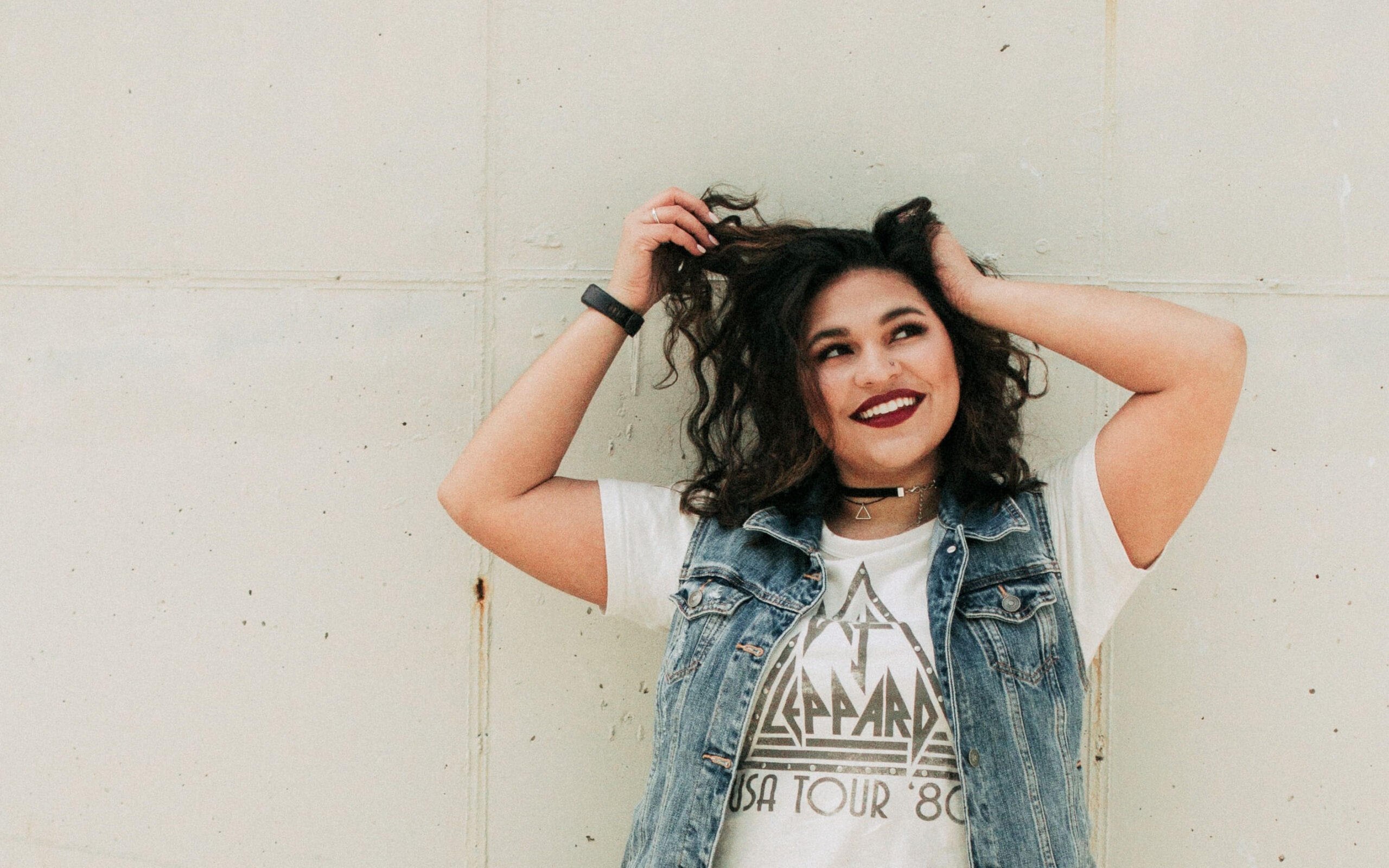
Four years ago, I became obsessed with health. I read blogs and articles, I watched videos on how to lose weight and how different diets work, trying to find something that would work for me. My searches caught on quick, because soon enough my phone was flooded with ads on “Diets for Endomorphs and Ectomorphs” or “Celebrity Diet Secrets” or “Diets for a Perfect Hourglass Shape!”
I felt lost and didn’t know which diet to do or which foods to eat to lose weight. (At this time, I was convinced that skinnier = more healthy.)
Then my friend told me to watch Cowspiracy and I had more than enough reason to start a vegan diet. Starting off as pescetarian, I first eliminated all poultry, red meat, and dairy. It came out as a shock when I declined to eat my abuela’s famous birria. Not long after, I became a full-on vegan.
When asked by my family about what it meant to be vegan, I would explain to them that it means I don’t eat meat or dairy. They had more questions (“how do you get enough protein?”, “won’t you be lacking in vitamins?” “what do you eat now?”), so I had to do more research.
Learning more about veganism, I realized that it isn’t a diet but rather a lifestyle. Veganism aside, it was such a revelation to think about healthy eating as a lifestyle rather than a diet.
Diets imply a start and an end, a quick solution to long term issues. Whether you choose to lose weight for medical reasons or to feel more confident about yourself, shouldn’t you enjoy the process and make long-term changes? What about self-esteem goals?
Before our body finishes developing, or even reaches a semblance of maturation, we are told what an “ideal” body is, what we should look like, and what we should eat to look like that ideal image. (For a while, I definitely avoided hispanic food because I was made to believe that that’s what I should do to lose weight.) And while social media has definitely progressed with positive messages of self-love and acceptance, there is still content that perpetuates the idea that bodies should be perfect. We should have wide hips and narrow waists; round bubble butts and skinny legs; perfect boobs and lean arms. I didn’t even realize hip dips were something to be insecure about until I learned about it. Even when you try to escape the “perfect body image” narrative on social media, you can’t escape your tias, abuelas y madres constant and unnecessary commentary on your cuerpo.
At family gatherings, there’s always at least one comment about your body. Either you lost weight and look “unhealthy” so they urge you to “comer más” or if you gained a few pounds they tease you and call you “gorda”, teasingly grab your love handles and tell you to lose weight.
All of this feeds into our insecurities .I mean, how can you not feel insecure when bodies are constantly the center of conversation both online and in real-life?
I found myself constantly having to justify my reasons for choosing healthier alternatives. It wasn’t enough to tell family that I eat more veggies and drink different types of milk, they were always concerned about whether I had enough protein or vitamins. When you consider food’s cultural role as a way of showing affection or care towards others, it can be difficult to refuse offers and explain your reasoning as to why you’re eating a jackfruit taco instead of an asada one. Or why I couldn’t “cheat on my diet” to eat the foods that are labors of love, like the tamales that my family and I spend hours making before Christmas Eve.
How can I remove these foods from my life that are so significant to my family and culture while reaching my health goals? (Spoiler alert: you don’t have to.)
Looking from a nutritional standpoint, Mexican food, or any Latin food, is usually clean. Tomatoes, onions, chiles, and garlic are common ingredients in many dishes.
I thought about all the Mexican dishes I grew up with como sopa de fideo, enchiladas, ceviche, pozole, arroz con leche, tamales, y lots of frijoles. While most contain some sort of animal product (even the rice is cooked with chicken stock), I realized that there are super easy plant-based (or healthier) swaps, allowing me to enjoy the same flavors and eat cleaner.
Another huge lesson is to throw BMI out the window. BMI is not a holistic measurement of health. Athletes with high muscle mass can sometimes weigh in at a BMI that is considered “obese.” (The reason why they weigh heavier is because muscle weighs more than fat.)
Before, I couldn’t bring myself to eat anything that I haven’t researched all the ingredients on. I swear I could write a 50-page dissertation on the ingredients of yogurt and cereals at this point. But now I follow an 80/20 rule: eating nutritionally valuable foods 80% of the time while treating myself 20% of the time.
During my soul-searching, I also realized it’s not always about what you eat, it’s about what’s eating you.
Why did I desperately want to lose weight? I was, and am currently, at a healthy weight. Losing weight didn’t help me to feel better about myself. Taking a good hard look at the mirror, I came to love my hip dips and my stretch marks. And you should too! Your body does amazing things for you. You use it to hug the people you love and try yummy things. It takes you to beautiful places and lets you do the things you love. (And sex isn’t so bad either.) So don’t be so hard on it, okay?
I’m still learning how to be healthier, like experimenting with apple cider vinegar tablets or trying out new workout routines, but I’m more content with my state of mind surrounding holistic health. In all honesty, the title of the blog post is a little bit deceiving, because I am, as of recently, an ex-vegan (for personal reasons). What began as a journey to connect veganism to my culture turned into one that connects my culture to healthy eating and to appreciate the Earth and its people for what they provide. Most of all, it was a journey to love myself again.
(Go listen to Bestie Bestie Bom Bom Episode 20 with Diana Rodriguez, their convo gets real about body image and diet culture. She is the founder of Latina Nutritionist and focuses on helping Latinas reach their health and wellness goals and empower them with tools and strategies about weight loss/management, practicing portion control, and mindfulness.)



